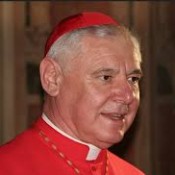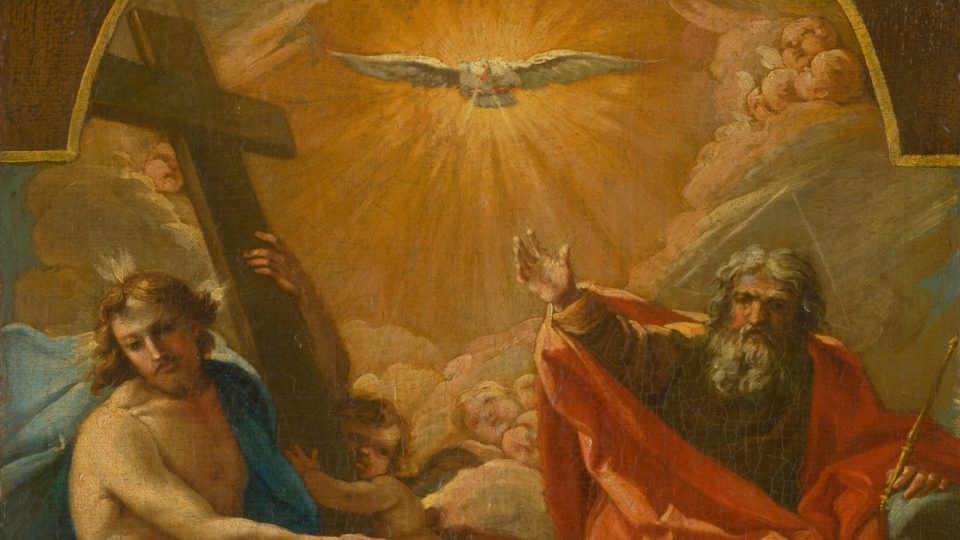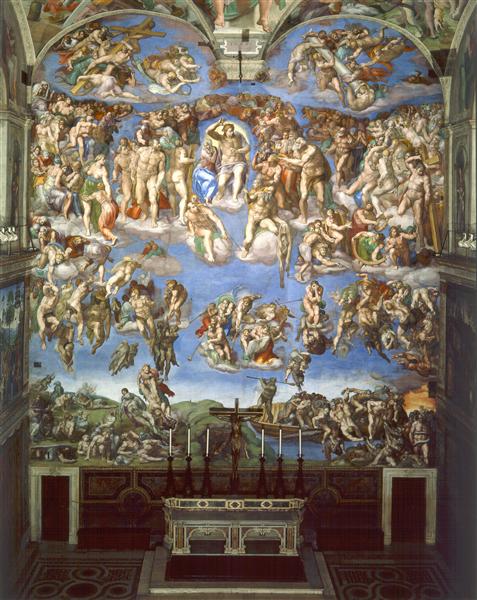By Javier Arias (InfoVaticana), Inside the Vatican, No date given.
This interview originally appeared in Spanish on the website InfoVaticana.com; English translation by Inside the Vatican.
A few weeks ago you participated in the Consistory of Cardinals in Rome. What were your feelings at the end of the Consistory?
Cardinal Gerhard Müller: First of all, I thanked the Holy Father for having reconvened a consistory after a pause of many years, so that the cardinals could discuss with him the situation of the Church in the world today. But the topic was limited to the discussion of the document already published, Praedicate Evangelium, on the reform of the curia and on the Holy Year 2025.
Some cardinals regret not having been able to speak as much as they would have liked. Was there an opportunity for the cardinals to express their concerns to the Pope?
Cardinal Müller: There was no opportunity to discuss the hottest issues, such as the frontal attack on the Christian image of man by the ideologies of posthumanism and gender madness or the crisis of the Church in Europe (there are no more priestly vocations, churches are empty on Sundays, etc.). The critical contributions referred to the theory of the papacy as unlimited power of divine right over the whole Church, as if the Pope were a Deus in terris (“God on earth”). Cardinal Ghirlanda, SJ, just named the Pope’s most important advisor for the reform of the curia, believes that everything that the Popes have said or done in the course of the history of the Church is dogma or law de jure divino (“by divine right”). This contradicts the entire Catholic tradition, and in particular the Second Vatican Council: the idea that bishops and priests have the authority only to perform sacramental acts, while the Pope is in exclusive possession of all jurisdiction, which he can delegate at will to the clergy or laity. ….







